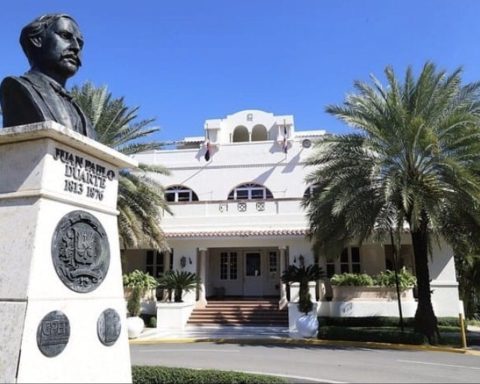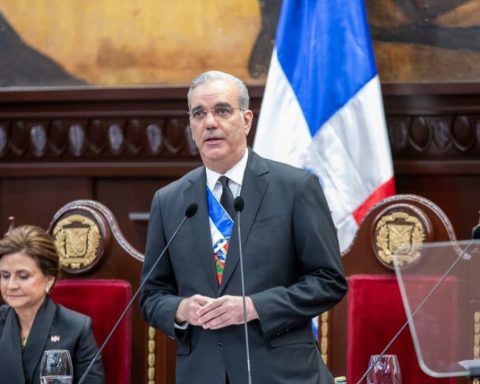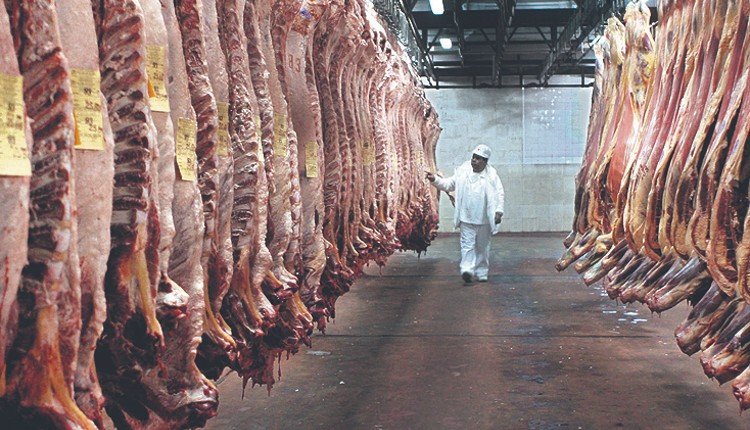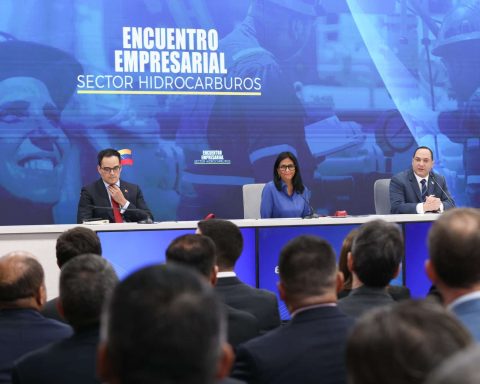The loss of popularity that governments are suffering because of the inflation maybe it’s unjustified. If the causes of price increases are external, not derived from government decisions, it would seem inappropriate to blame the government in question. But while it may be an undeserved decline in approval ratings, two features complicate the situation for governments in this regard.
One of them is the analytical difficulty of separating the influences coming from abroad, from the effects of the policies applied by the authorities. If we take the case of food, for example, price increases are not usually confined to imported items but are extended to those produced locally, and the impression is created that there are also internal causes for the inflation. It is possible that the increases are due to imported inputs, such as fertilizers and pesticides, used by the agricultural sector, without this connection with the outside being clearly perceived by the population. But it may also be that the national currency has been devalued, making imports more expensive, and that part of the loss of purchasing power that said devaluation has caused is due to policies that have been applied or not applied. The distinction between one and the other causes is complex and is subject to being interpreted according to particular criteria.
The second feature that complicates the situation is the propensity of rulers to derive political capital from favorable events. It is common, especially in democratic countries with regular elections, for the authorities to be involved in a permanent hunt for support, which motivates them to try to take credit for good economic developments, including public and private investment announcements, growth of GDP and the opening of jobs. Given that attitude, it shouldn’t be surprising that when something goes wrong they are held accountable.

















